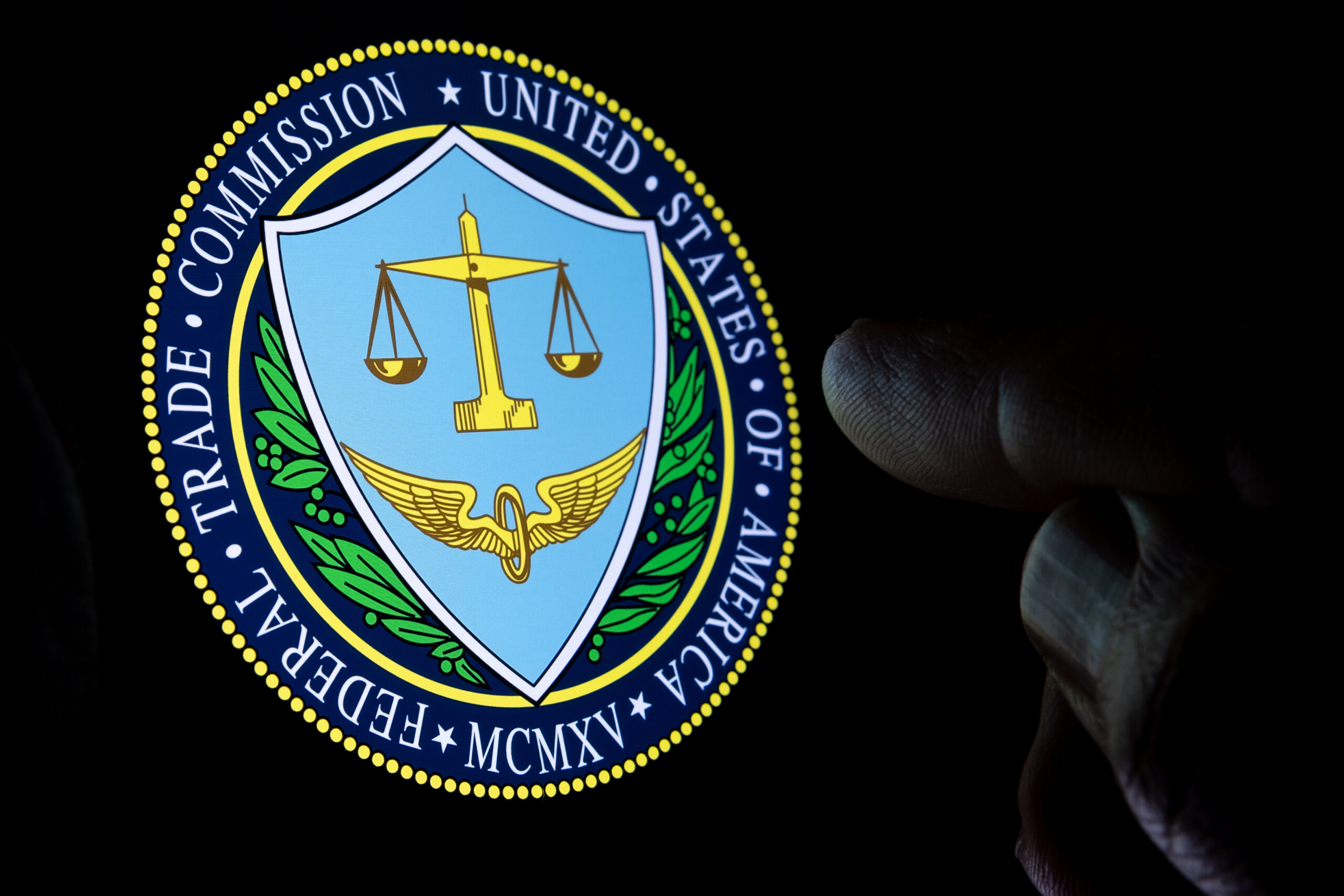Featured in Food & Drug Law Journal, “FDA Preemption and Albrecht’s Progeny” explores impossibility preemption caselaw in the context of failure-to-warn claims.
This article examines:
- How courts have applied this framework post-Albrecht
- How the defense bar can raise a preemption defense
- How the plaintiff’s bar can defend against a preemption defense
Manufacturers have long argued that failure-to-warn claims involving FDA-approved drugs should be preempted by federal law. In Merck v. Albrecht, defendants argued that they could not comply with conflicting federal regulations and state tort laws over whether to warn about a drug’s side-effects.

In Albrecht, the United States Supreme Court confirmed that preemption is a question of law properly decided by courts. Additional guidance was provided on the framework required for manufacturers to successfully raise this defense.
This article examines how courts have applied this framework post-Albrecht and what potential litigants can do to be better prepared to either raise a preemption defense or defend against it.
In situations where regulators refuse to allow updated product labeling, this article can help regulated industry personnel understand the framework and develop effective communication strategies with regulators to create preemption defenses.
Complete this quick form to receive a download link via email for “FDA Preemption and Albrecht’s Progeny”.
Note: This article appears in Food & Drug Law Journal and is being shared with the permission of Food & Drug Law Institute.




